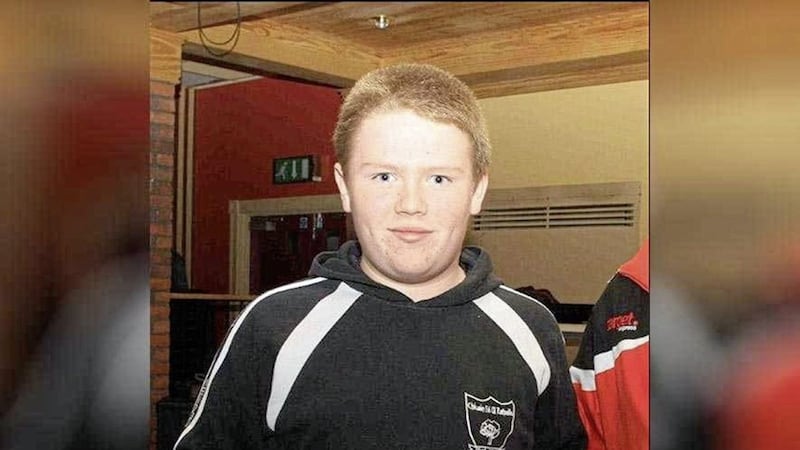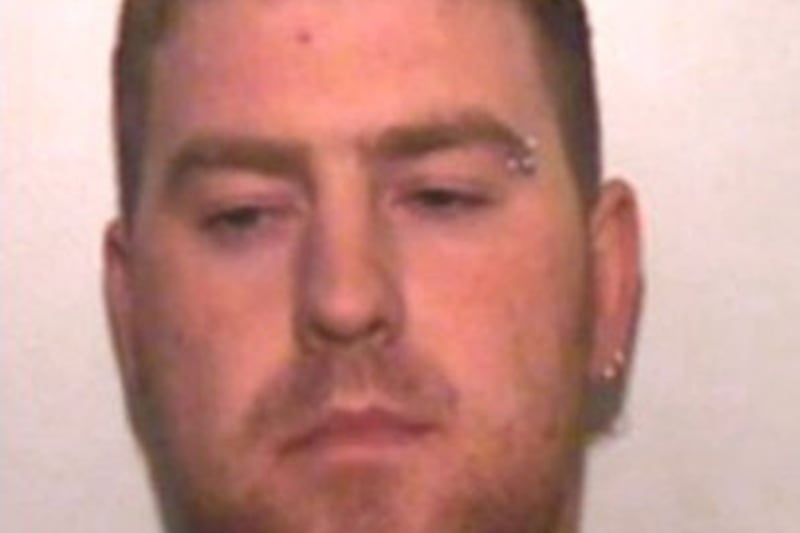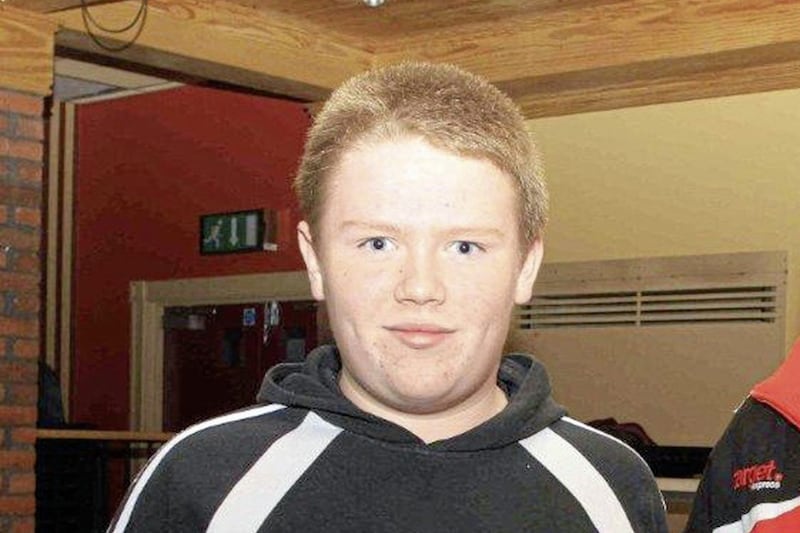THE PSNI faced strong criticism of its treatment of Ronan Hughes in 2015 when he came with his father seeking help against his blackmailer.
Ronan's parents described officers as "dismissive" and said had they offered him any reassurances that they would help stop the images being distributed, "he would still be here today"
Members of the Policing Board identified "endemic failures by police officers" when dealing with the distressed 17-year-old's complaint of blackmail.
The Chief Constable asked the Police Ombudsman to investigate the response in the case.
Yesterday, Detective Chief Inspector James Mullen, who led the hunt for Iulian Enache that ended in his conviction on Tuesday, was at pains to stress how much has changed in the intervening two years.
"Since Ronan passed away we still have reports of cyber-blackmail and there is a strong emphasis on safeguarding people, not just young people but anyone who comes to us," he said.
"We go out to victims' houses (and we understand that victims may be embarrassed). We carry out an assessment, we find out if there are any legal firearms, any weapons, if they have a network of family. We see if we need to take them somewhere to family, where they can have a wee bit of support.
"We put the victim through an assessment process."
He said there was a large increase in the number of cases that have been reported to police following the brave decision of Gerard and Teresa Hughes to speak out in the hopes of helping others.
"There had been some of these cyber-blackmail cases but not a huge amount, but on the back of Ronan's case it gave the opportunity to review practices."
Mr Mullen added that police could move "very quickly" to get the accounts of blackmailers closed down, which could provide some relief for victims - even if it does not remove the threat completely.
---------------
ADVICE FROM POLICE:
1. Don’t accept 'friend' requests with someone you don't know - everyone online may not be who they say they are.
2. Set privacy settings on all devices so that only people you know can view your account.
3. Don't post anything online that you are not happy to be shared, particularly nude or nearly nude images or videos. It may seem like a bit of fun with friends at the time but there is always a chance those images could be shared or get into the wrong hands and could lead to harmful situations such as stalking, abuse or blackmail.
4. If someone has made you feel uncomfortable or you have had disturbing interaction online, tell police or a trusted adult. You can ring the police on 101, or for help and advice ring Childline on 0800 1111 or Lifeline on 0808 808 8000.
5. The internet can be a great place but it is important to remember there are people out there who may wish to abuse, exploit, intimidate or bully you online - if this happens to you, tell someone immediately.
6. Remember that if things do go wrong online, there are people who can help.
7. If you receive any inappropriate images or links, it is important that you do not forward it to anyone else. Contact police or tell a trusted adult immediately. By doing this you could help prevent further such incidents.
ADVICE TO PARENTS:
1. The most important thing is to have conversations with your children - talk to them about the benefits and dangers of the internet so that you can empower them to use the internet safely.
2. Cultivate an interest in their online activities - their favourite websites, online games and interests and keep an eye on what they are doing online.
3. Don't be afraid to ask your children who they are talking to online and what they are talking about and remind them how important it is to tell a trusted adult if something happens online that makes them feel uncomfortable or worried because there are people who can help.
4. Become a net-savvy parent - the best safeguard against online dangers is being informed. Jump in and learn the basics of the internet - read articles, take a class, and talk to other parents. You don’t have to be an expert to have a handle on your child’s online world.
5. Go to www.getsafeonline.org for lots of useful advice and information on how to stay safe online.








